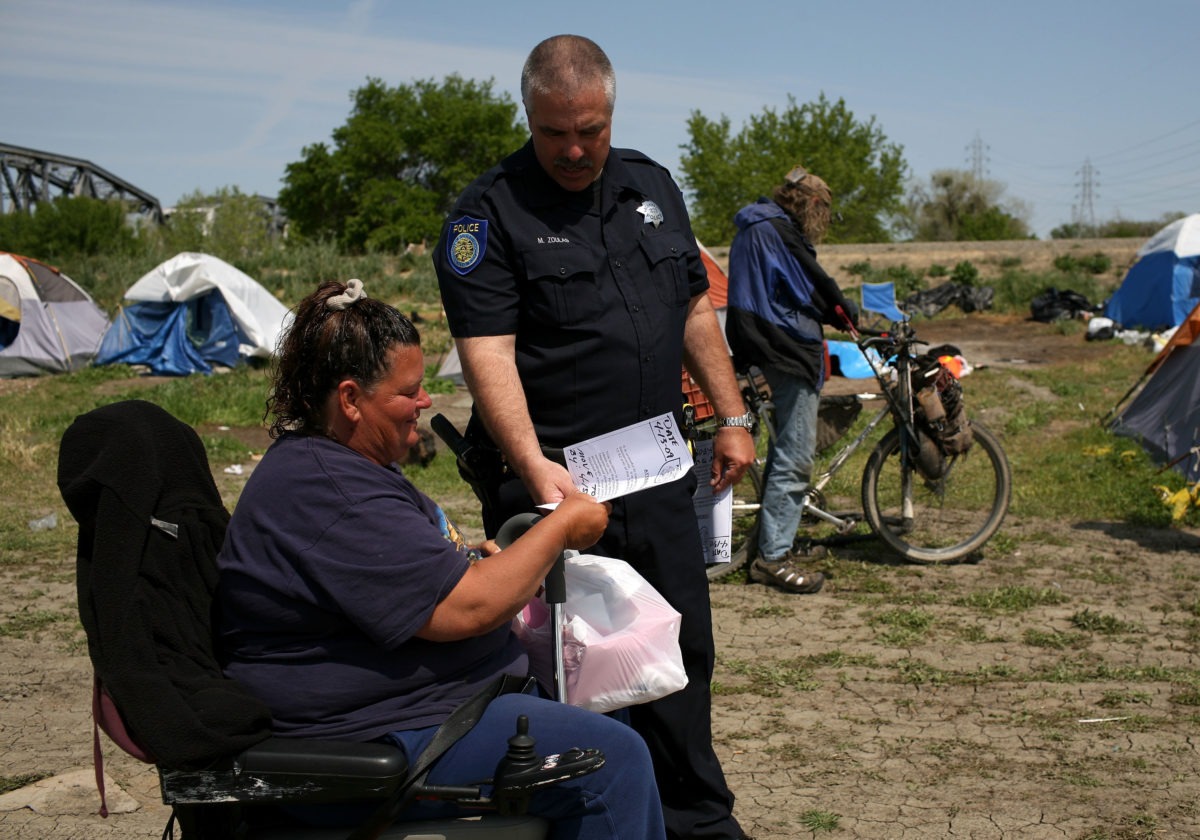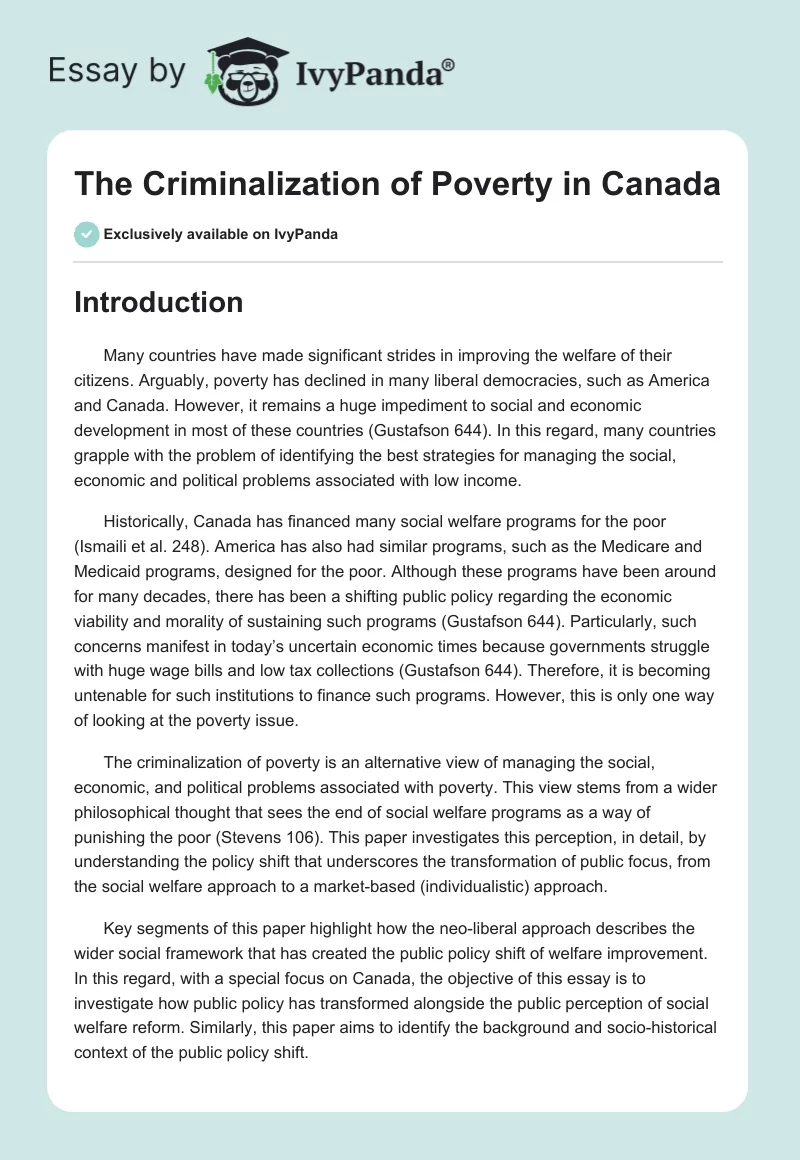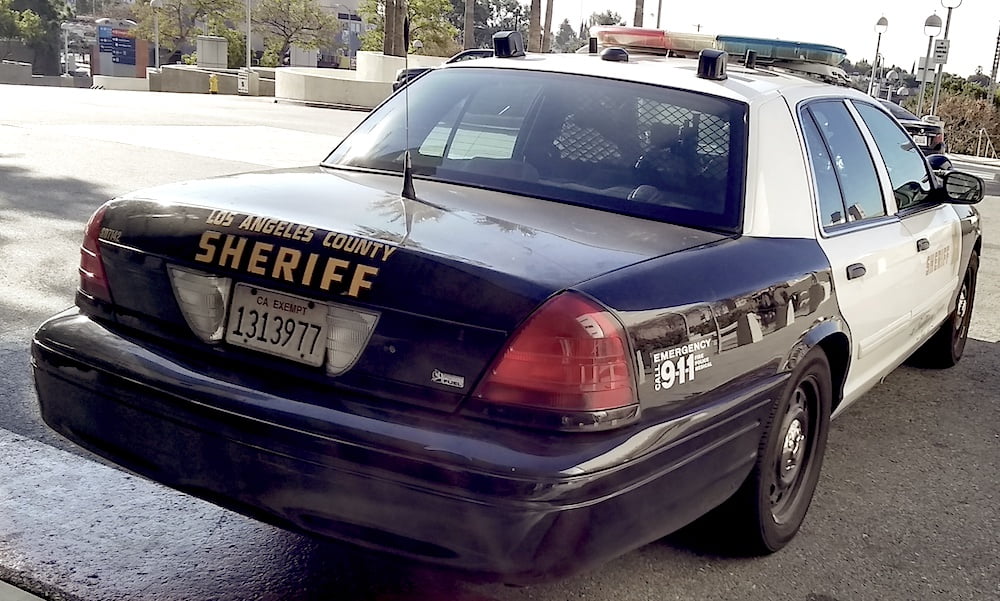The criminalization of poverty refers to the systemic practices and policies that disproportionately penalize individuals for behaviors associated with their economic status. This phenomenon manifests through various legal and social mechanisms that enforce penalties on those who are unable to meet basic needs due to poverty, leading to a cycle of criminalization and further marginalization. Examples include fines and fees that the person is unable to pay, anti-homelessness laws and actions, and interconnections between welfare and criminal law.
In the United States
In 2024, the United States Supreme Court held in City of Grants Pass v. Johnson that an ordinances that criminalized camping on public property was constitutional.
In 2025, the Fremont, California city council voted to criminalize ‘aiding’ and ‘abetting’ homeless camps. The ordinance was later revised removing the clause that could have punished those “aiding and abetting” encampments
See also
- Debtors' prison
- Cycle of poverty
- Poverty industry
- Decriminalization
References
Further reading
- Curto, Goergina; Kiritchenko, Svetlana; Nejadgholi, Isar; Fraser, Kathleen C. (2023). "The crime of being poor". arXiv:2303.14128 [cs.CL].
- Edelman, Peter (2019). Not a Crime to Be Poor: The Criminalization of Poverty in America. The New Press. ISBN 978-1-62097-553-4.
- Gustafson, Kaaryn S. (2011). Cheating Welfare: Public Assistance and the Criminalization of Poverty. NYU Press. ISBN 978-0-8147-3291-5. JSTOR j.ctt9qfttq.
- Wacquant, Loïc (2009). Punishing the Poor: The Neoliberal Government of Social Insecurity. Durham: Duke University Press. ISBN 978-0-8223-4422-3.




